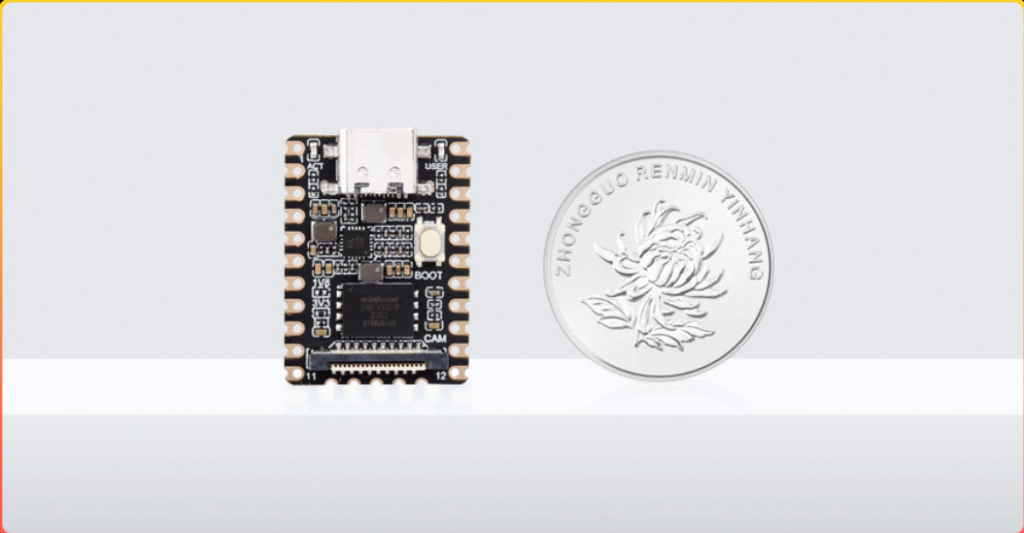If you’ve ever wanted to learn Embedded Linux but thought you’d need expensive development boards — think again.
The LuckFox Mini A proves that you can get started for less than $10, without compromising on capability.
If you’ve ever wanted to learn Embedded Linux but thought you’d need expensive development boards — think again.

The LuckFox Mini A proves that you can get started for less than $10, without compromising on capability.
Tiny but Mighty
The board is barely larger than a coin 🪙, yet it packs:
- Cortex-A7 @ 1.2GHz processor with an additional RISC-V core
- Neural Processing Unit (NPU) for AI acceleration
- Image Signal Processor (ISP) for camera/image tasks
- 64MB DDR2 RAM
- USB 2.0 support
- MIPI CSI 2-lane camera interface
- 17 GPIOs for custom peripherals
- MINI B variant includes 128MB NAND Flash storage
Why This Matters for Learners
Traditionally, Embedded Linux boards with these capabilities cost several times more. The LuckFox Mini A brings an affordable, hands-on
learning experience for students, hobbyists, and professionals — without breaking the bank.
I recently booted it up successfully, and it’s ready to run real Embedded Linux workloads. Over the coming weeks, I’ll be sharing:
- Setup & boot process
- How to use the GPIOs, camera interface, and USB
- Mini projects to get started
- Tips for debugging & performance tuning
Stay tuned — the LuckFox Mini A might just be the best way to kickstart your Embedded Linux journey in 2025.
